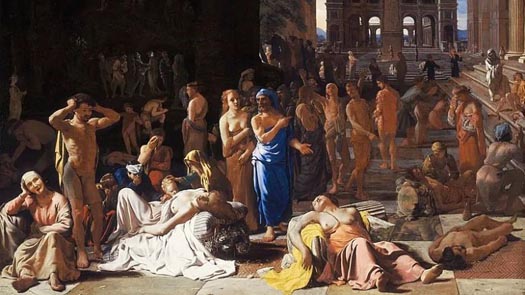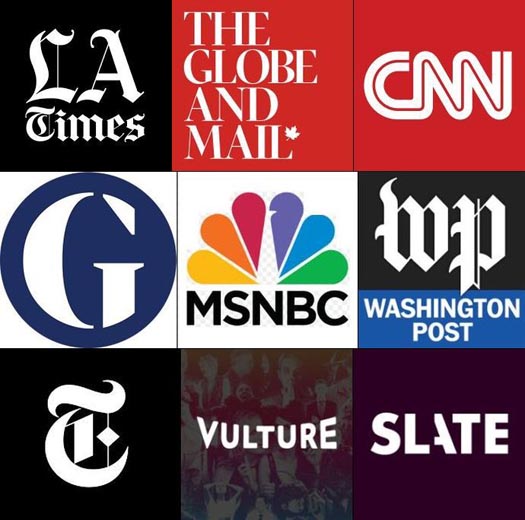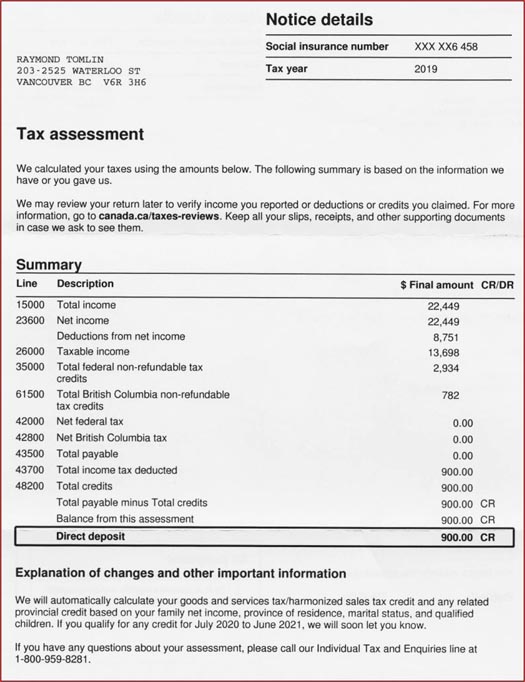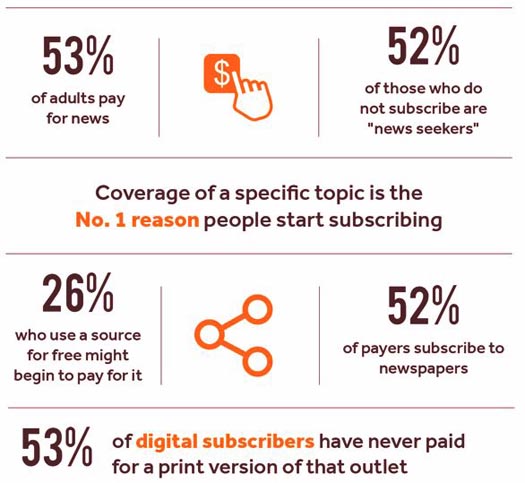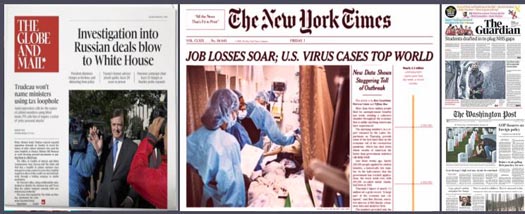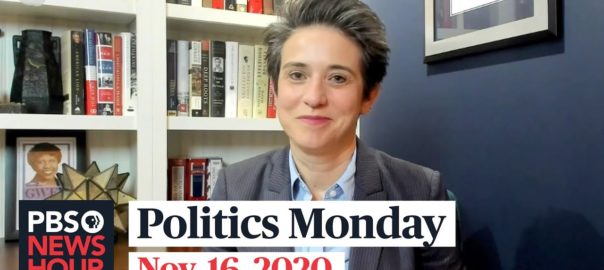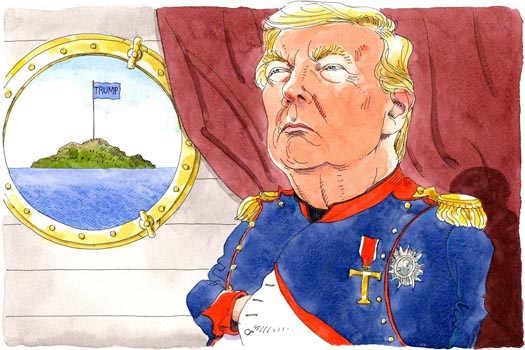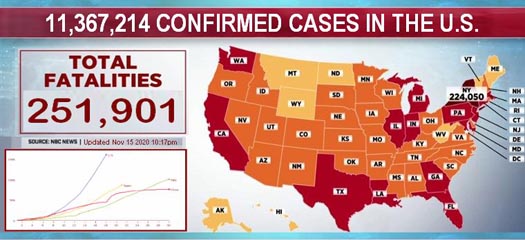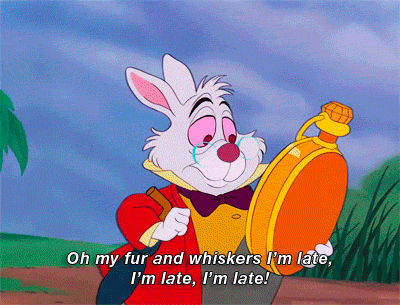
In the 1980s, I was perpetually late on almost every occasion where I was depended on to be on time. Now, as many would say, lateness is a sign of passive-aggressive behaviour, and a statement to those who are waiting for you to arrive that your time is more valuable than theirs — while others believe that being late is a barely concealed power play on the part of the person who is late, designed to “put you into your place.”
Most people won’t bear a grudge if you’re 5 minutes late — but to be more than 5 minutes late, when people might start getting annoyed with you is a whole different kettle of fish. Lateness betrays a lack of respect and consideration for those who you are inconveniencing with your lateness.
In the inverse, although being late insults others, it also undermines the person who is late, because it may betray a lack of intelligence, self-knowledge, will power, or empathy. Or, it may be that the person who is late has set unrealistic goals and over-scheduled her day, or underestimated the time that it takes to travel from one place to another.
But there may be more perfidious and faithlessly treacherous reasons for being late than mere mediocrity. Some involve anger and aggression, and others self-deception. Anger expressed as passive-aggressive behaviour is a vigorous means of expressing aggression covertly, and doing so without incurring the full emotional and social costs of a more overt aggression.
As written above, being late, especially egregiously or repeatedly late, sends out the message, “I am more important than you”. Of course, one can, and often does, send out a message without it being true.
A person may be late because she feels inferior or unimportant, and being late is a way for her to impose herself on a situation, attracting attention, even going so far as to “overtake” an event, situation or proceeding.
At this point, it should be pointed out that being late is not necessarily an unhealthy trait, or pathological in nature.
Sometimes, being late is your unconscious (intuition) telling you that you don’t actually want to be there, or that it would be better for you not to be there — for instance, it could be that a meeting (or even a job) is not the best use of your time, or will inevitably work against your own best interests. Note should be made that headaches can serve a similar function.
There are few habits as infuriating as someone making us wait, though.
But, despite what may be running through your mind as you’re kept waiting again, it’s unlikely your friends or colleagues who are persistently late are just being selfish. It is only when the latecomers make the decision to be punctual that they change. It must be a conscious decision, though — if they merely make a woolly attempt to “try” to be on time, they won’t be.
“Lateness is really a commonly misunderstood problem,” says Diana DeLonzor, author of Never Be Late Again, who has conducted her own research on the perpetually tardy. “Yes, it’s a rude act, but I’ve interviewed hundreds of people and the vast majority of late people really dislike being late, they try to be on time, but this is something that has plagued them throughout their lives.”
In 1982 an event occurred in my life that ended my lateness forever.
Now, in my contemporary life and with rare exception, I always arrive on time — or early, but hold back on knocking on the door or depressing the buzzer until the exact minute of my proposed arrival time occurs — and over the course of the past 38 years, I’ve felt all the better for it.
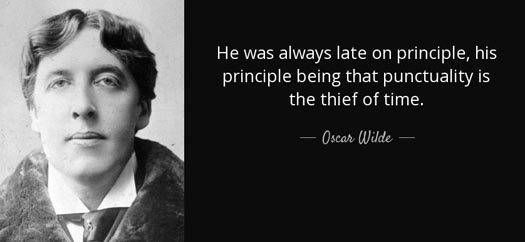
In the autumn of 1982, having finished work on my Masters, I found myself employed in a suburban Metro Vancouver school district as a secondary school English and Drama teacher. When I’d visited my mother on a mid-autumn weekend, she invited me for dinner in her North Vancouver condominium apartment, in the coming week. “Arrive at 5pm, Raymond,” she said to me. “You know I like to eat dinner early.”
On the mid-week day of the appointed dinner date, I skeddaddled out of the school at 3:45pm, a little later than I’d planned, but I figured that 75 minutes to travel from the Tri-Cities to North Vancouver should get me to my mother’s house in good time. Such, however, proved not to be the case. Traffic was particularly bad on the Highway One that day, there was an accident on the Ironworkers Memorial Bridge that slowed my travels, as traffic moved along at a crawl. Now, this was in pre-cell phone days.
So, there I was stuck in traffic with no way to contact my mother to let her know I’d likely be a few minutes late. Long story short, I arrived at my mother’s door at 5:20pm — late for sure, but I had a good reason, or so I thought. I knocked on the door. My mother’s newest boyfriend, a tall and imposing husky bear of a man, a retired commander in the Canadian Armed Forces Navy, as it happens, looked at me standing in the hallway, and as I made my way into my mother’s condo, he grabbed me, lifted me off my feet, and shoved me up against a wall, my feet dangling below me, and set about to lecture me on how rude I’d been in arriving late, that on behalf of my mother, he simply wasn’t having any of it.
“This is the last time you’ll be late for any event, ever, for any reason,” he roared at me, my feet still dangling below me. “From here on in, not only will you arrive on time, you will arrive early — but wait until the appointed time to make contact with those with whom you are to meet. You will plan all of your excursions and travels, and in so doing will always leave more than enough time in order that you might arrive at your destination not just on time, but early. Do I make myself clear to you?”
I nodded my head meekly, and said quietly, “Yes sir, I do.”
And, you know what? From that day to this, I have always made a point of leaving early, allowing myself at least an extra half hour of travelling time, often more — whether I’m travelling over to Vancouver’s east side from my Kitsilano home to visit newly-acclaimed author Jak King, as I did yesterday, or my friend who lives nearby Jak, the kind and generous Patrick Mokrane — or meeting someone for lunch or dinner, or a couple of beer, or for any other reason I am to meet with someone of my valued acquaintance.

